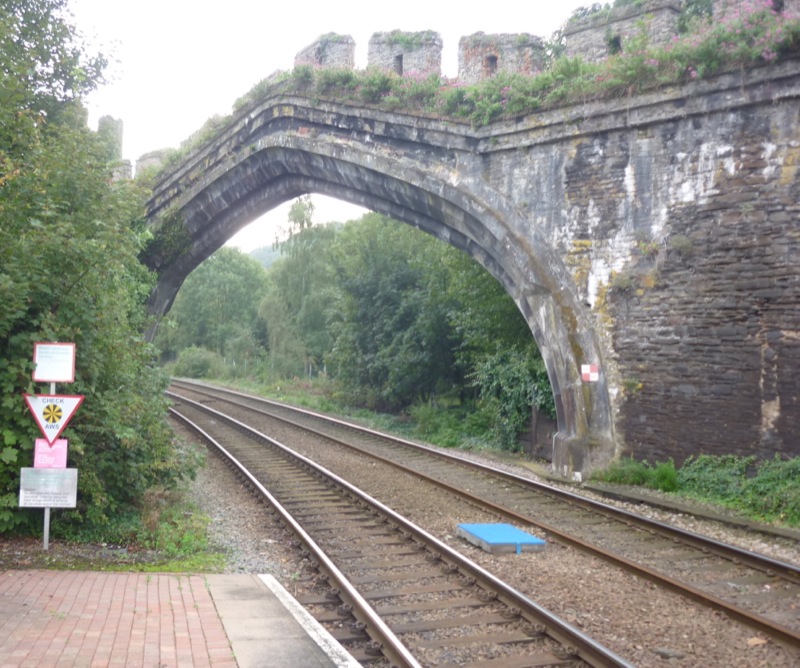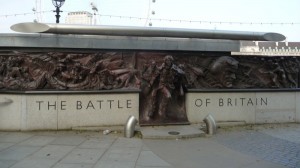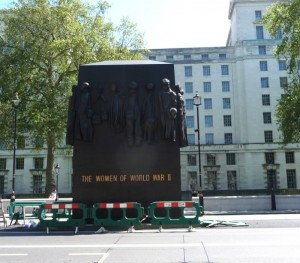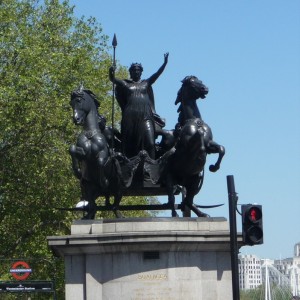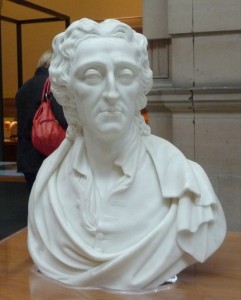 No matter where you go it seems there is some dude on a plinth. He may be riding a horse or standing in a contemplative pose. Sometimes there was only time to put up the fellow’s head and shoulders. I haven’t decided if Busts signify the level of enthusiasm on the part of the person commissioning the work or the sculptor.
No matter where you go it seems there is some dude on a plinth. He may be riding a horse or standing in a contemplative pose. Sometimes there was only time to put up the fellow’s head and shoulders. I haven’t decided if Busts signify the level of enthusiasm on the part of the person commissioning the work or the sculptor.
Dude on a horse equals totally gobsmacked adoration.
These folk receive their prominent place in the hearts of pigeons the world over by daring exploits in battle, philosophy or engineering. Some, like the first Cesar, Julius, qualified as a triple threat in his ability to outwit, outplay and outlast all of his opponents. Unfortunately, he had a blind spot when it came to friends and neighbours. 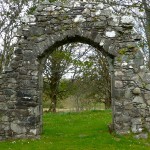
With the history of humanity being pretty much a continuous litany of tribe on tribe violence there is no shortage of plinth fodder. Any excuse, any time.
All over the United Kingdom Wellington seems to be the hands down favorite. Usually mounted on a horse, he is seems the very model of British military sang froid 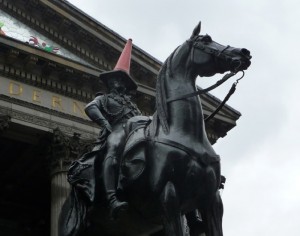 (See above reference to gobsmacked adoration). Needless to say, in Scotland there is a little less reverence for bronze and granite paens to the southern oppressor’s military superiority. While something dedicated to Edward I aka Longshanks aka Hammer of the Scots would experience a more violent fate on Scottish soil, Wellington is mocked with whimsical Scottish humour.
(See above reference to gobsmacked adoration). Needless to say, in Scotland there is a little less reverence for bronze and granite paens to the southern oppressor’s military superiority. While something dedicated to Edward I aka Longshanks aka Hammer of the Scots would experience a more violent fate on Scottish soil, Wellington is mocked with whimsical Scottish humour.
In Trafalgar Square, Admiral Horatio Nelson stands upon the manliest plinth of all time. Reminiscent of some of the mosaics in Pompeii, he is ironically dwarfed by the appendage thrusting him heavenward. The entire square, and it is a big chunk of prime London real estate, is dedicated to the Admiral in his finest and final hour. 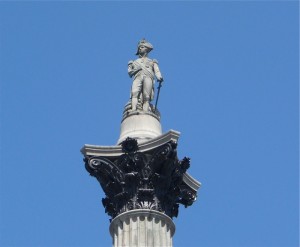
Since service to his country had whittled away an arm and an eye, this whacking great plinth was the least the country could do to compensate the man who turned “Rule, Britannia! Rule the waves” from wishful thinking into chest thumping reality.
So, after a career of bloody naval battles and a bloody death on the aptly named HMS Victory, the Admiral now gazes serenely towards the palace and on to the Channel.
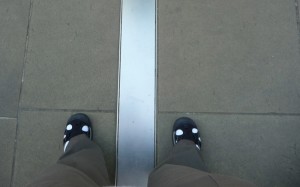 Across the Thames in Greenwich there is a another dude on a plinth just to the east of the Prime Meridian. A hundred yards east or so. I noticed him after wandering through the observatory and taking the obligatory pics of my feet astride the bifurcation of the world.
Across the Thames in Greenwich there is a another dude on a plinth just to the east of the Prime Meridian. A hundred yards east or so. I noticed him after wandering through the observatory and taking the obligatory pics of my feet astride the bifurcation of the world.
It was like spotting an old friend, a familiar name amidst a polyglot sea of strangers. At first I didn’t recognize him, but that is hardly surprising considering he died 196 years before I was born. Still, without him the history of Canada would be different. Remarkably different. For one thing Canadian schoolchildren wouldn’t have to sweat through exams trying to remember who led the French forces and died on the Plains of Abraham vs who led the English forces and died 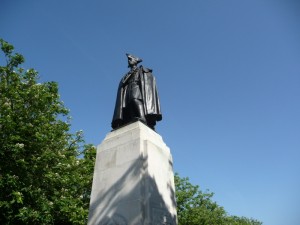 on the Plains of Abraham.
on the Plains of Abraham.
It’s not that easy, trust me. I mean “Montcalm” is a pretty obvious French name but, let’s face it “Wolfe” is pretty Frenchy looking. Just to me? Damn.
Apparently James Wolfe spent a few years of his adolescence in Greenwich. The good people of this oasis are excessively fond of their adopted son. Justly fond.
It seems there was much more to him than his choice of expiration dates. He was commissioned as a British officer at the age of 13. Yes, as in squeaky voice, gangly legs and maybe a few whispy hairs shading his upper lip. By the time he was 23 he reached the rank of lieutenant-colonel. He held a garrison command during those pesky peaceful years between The War of Austrian Succession and the commencement of the Seven Years War. The North American chapter of this conflict was noted as the French and Indian War.
Anyway, after achieving his destiny, he was returned to the folk of Greenwich and was laid to rest in St. Alfege 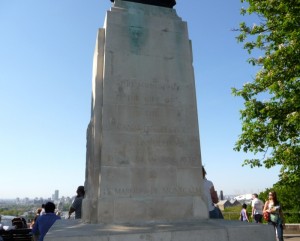 Church in the shadow of the Observatory hill in Greenwich.
Church in the shadow of the Observatory hill in Greenwich.
Walking around to the back of the monument I noticed his plinth has some serious bullet craters. My first thought was this could be the work of FLQ tourists but I was pretty sure they stuck close to home. It was some days later I learned that our beloved Wolfe just happened to be on a flight path favoured by the Luftwaffe during the Battle of Britain. It seems an eager pilot loosened up with a practise strafing run before the main event.
War and violence just seem to follow some people. Even long after they’ve moved on to other things it seeks them out. Some of them even get their names on a statue.
